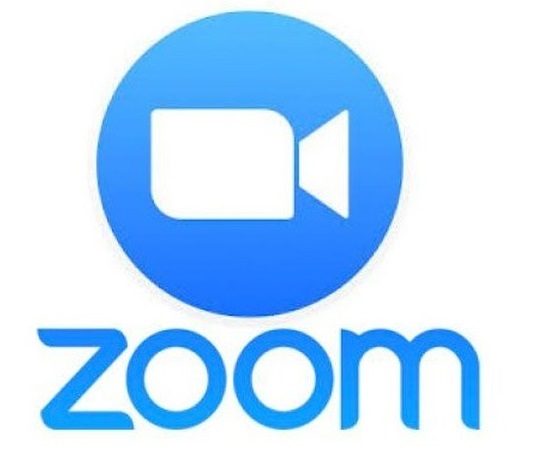Mid-Semester Online Updates & Save-the-Dates
Spring break is just about here, hooray! I haven’t been throwing a lot of info at you this spring, so this email has a lot of quick and useful items … please take a look!
I’m offering a final set of Student Orientation to Online Learning workshops the week after break. These are especially to support students starting in 8-week classes but of course are open to all.
- Share the sign-up form link to encourage your students to attend.
Professional Learning Opportunities & Save-the-Dates:
- MiraCosta
- Friday, April 30, save the date for a local online event recognizing and celebrating our efforts (especially over the last year) to offer equitable online learning to our students, and deepening our skills, knowledge, and commitment to this ongoing work. Look for more details coming soon!
- Remember that you can request personal, 1-1 online teaching assistance from peer faculty and/or our instructional designer.
- CCC system
- June 21-23 is the Online Teaching Conference. It’s virtual and $150 registration is open now. If you would like support to attend, just reply to this email and I’ll hook you up!
- @ONE has many facilitated classes coming up for the second half of spring, including a new one on Live Online Teaching & Learning. Again, let me know if you’d like support to register for one of these. Some of @ONE’s leaders have published an article highlighting practices in place for humanizing online education across California Community Colleges that may interest you.
- Across all 3 California Higher Ed systems
- Aug. 4-6 a new free online conference called Cal OER will take place. A call for proposals will be open soon – I’ll send an email with more info when it’s out.
Online technology tips and updates of note:
- Zoom now offers automatic live captioning/transcription in addition to transcribing recordings. Meeting hosts have to enable this every time you start a meeting.
- MiraCosta’s Canvas system now includes an Immersive Reader feature at the upper right of every Canvas page (Pages only, not assignments, discussions, or other Canvas tools). Immersive Reader supports Universal Design for Learning by providing tools supporting student comprehension of course material, including language translation options and (high-quality!) reading aloud of content on pages.
- Office 365 is now available as an integration in our Canvas system. This enables quick access to your OneDrive files for adding to Canvas as content, as well as tools for collaboration and assignments using Office 365 files. To learn more, start with our Office 365/Canvas integration instructor guide on the TIC site . The bottom of that page includes links to resources supporting students as they get started with Office 365.
- Putting Your Best Self Forward: 6 Keys for Filming Quality Videos has some great tips, most of which also apply to setting up and using Zoom effectively. It’s an easy read with some funny examples of what *not* to do as well.
Best wishes for R&R for those taking a break, and gratitude to all who will be continuing to do the work!
Jim Julius, Ed.D.
Faculty Director, Online Education






